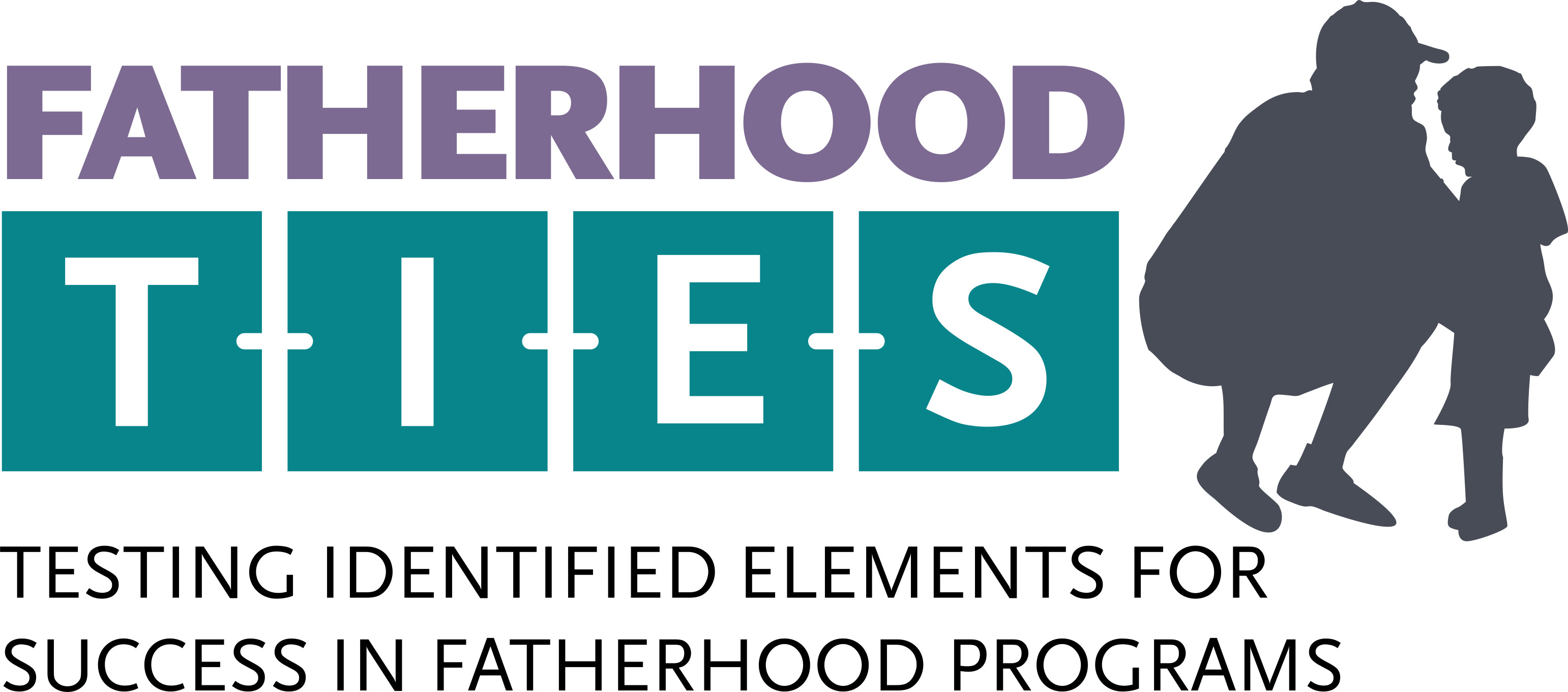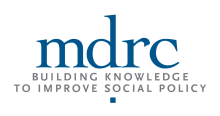Contributors & Approach

The Fatherhood TIES project is being carried out under contract with the Office of Planning, Research, and Evaluation with funds from the Office of Family Assistance, both within the Administration for Children and Families. The Fatherhood TIES team—which includes researchers from MDRC, Abt Associates, and MEF Associates—will accomplish the project’s goals through several key activities. Importantly, Fatherhood TIES will utilize a robust and active engagement approach throughout that will include obtaining input on each phase of the work from an advisory committee made up of fathers, fatherhood program staff, subject matter experts, and others.
The team will define and prioritize core components to test by working with programs serving fathers directly in local communities across the country and by analyzing lessons from earlier studies and program participation datasets. The team will then collaborate with a set of fatherhood programs to put the core components into practice and collect and analyze data on their effects on fathers’ outcomes. The team will share findings and lessons by publishing a variety of products such as reports, briefs, and how-to guides that highlight the perspectives of fathers and staff, and help policymakers, researchers, and program operators apply lessons from the project.
Additional Evaluation Details

The project intends to engage four fatherhood programs to implement and test the selected core components and will enroll up to 3,000 fathers and staff from these participating programs to participate. The study team is expecting to start collecting data in 2023.
Using the information gathered across several different data sources, the evaluation will include an implementation study and an impact study.
• The implementation study will describe who participated in fatherhood program services, how services operated, what fathers thought about the services, and the challenges staff members faced implementing them. It will provide lessons for the field on key elements for successful program implementation and barriers to overcome when implementing these core components.
• The impact study will use either experimental research methods (randomized, controlled trials) or quasi-experimental methods (methods designed to establish causality but that use assignment criteria other than randomization) to rigorously evaluate whether promising core components can bring about positive outcomes for fathers and their families. The specific outcomes of interest will depend on the core components being tested, and may include understanding effects on program engagement, employment and earnings, father-child relationship quality, and co-parenting relationship quality.

